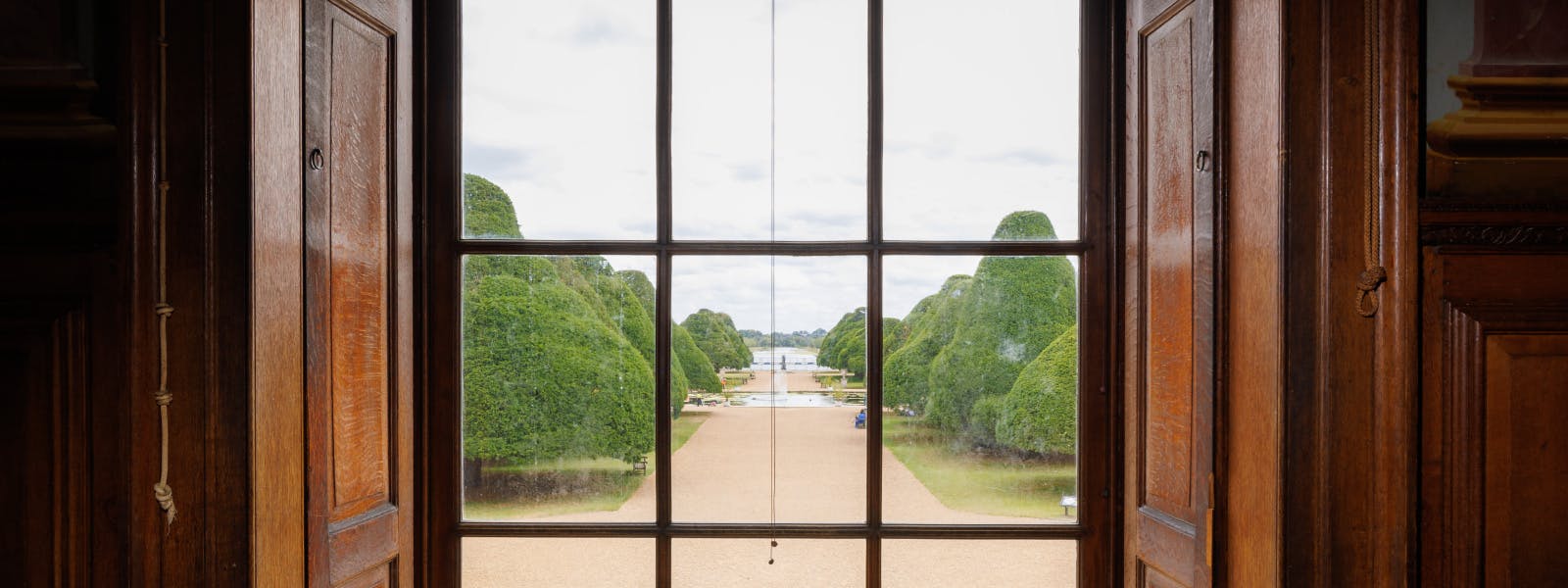
Insights and behind the scenes from our palaces

Kensington Palaces's Most Magnificent Clock
23 March 2018
Today, the room’s design centres around one object: an ornate, sculptured musical clock surmounted on a grand pedestal, called the 'Temple of the Four Great Monarchies of the World'. It was purchased by Princess Augusta in around 1743 and placed in this room soon after.

Caroline of Ansbach: The Brainiest Princess
03 October 2017
George Augustus of Hanover and his wife, Caroline of Ansbach arrived in London in 1714, in the train of the new king, George I, George Augustus's father.

A Royal History of Princesses and Music
17 July 2017
When Caroline of Ansbach moved with the Hanoverian court to London in 1714, Britain saw the start of a new era of princess-led musical connoisseurship.

Kew the Music: George III and Queen Charlotte's Instruments
15 June 2017
The reign of George III and Queen Charlotte saw a flourishing of arts and culture in Britain. The country's prospering cultural scene was undoubtedly encouraged by the royal couple's personal love of the arts.

A closer look: "A Bugaboo!", a political cartoon by Richard Newton from 1792
08 November 2016
This month, I’m liking a political cartoon by Richard Newton - the angriest and the youngest of all of the known satirical artists.

Let Them Glow: Lighting Kensington Palace
14 July 2016
At Kensington Palace the curators have been busy thinking of the long term presentation of the King’s State Apartments. One of the questions that emerged during the 2014 restoration of the State Apartments was, how were the State Apartments actually experienced back in the 18th century?

Introducing: Queen Caroline of Ansbach
29 April 2014
Let me introduce you to Queen Caroline of Ansbach, the wife of King George II. She has escaped the attention of historians, but in my opinion, this is a very great shame – I find her an absolutely fascinating woman.

Making Your Mark
10 December 2013
During recent conservation work in the Cumberland Suite at Hampton Court Palace, we made an interesting discovery. This drawing (above) was found scratched into a plaster wall that has been covered with wooden panelling for the past 300 years.
